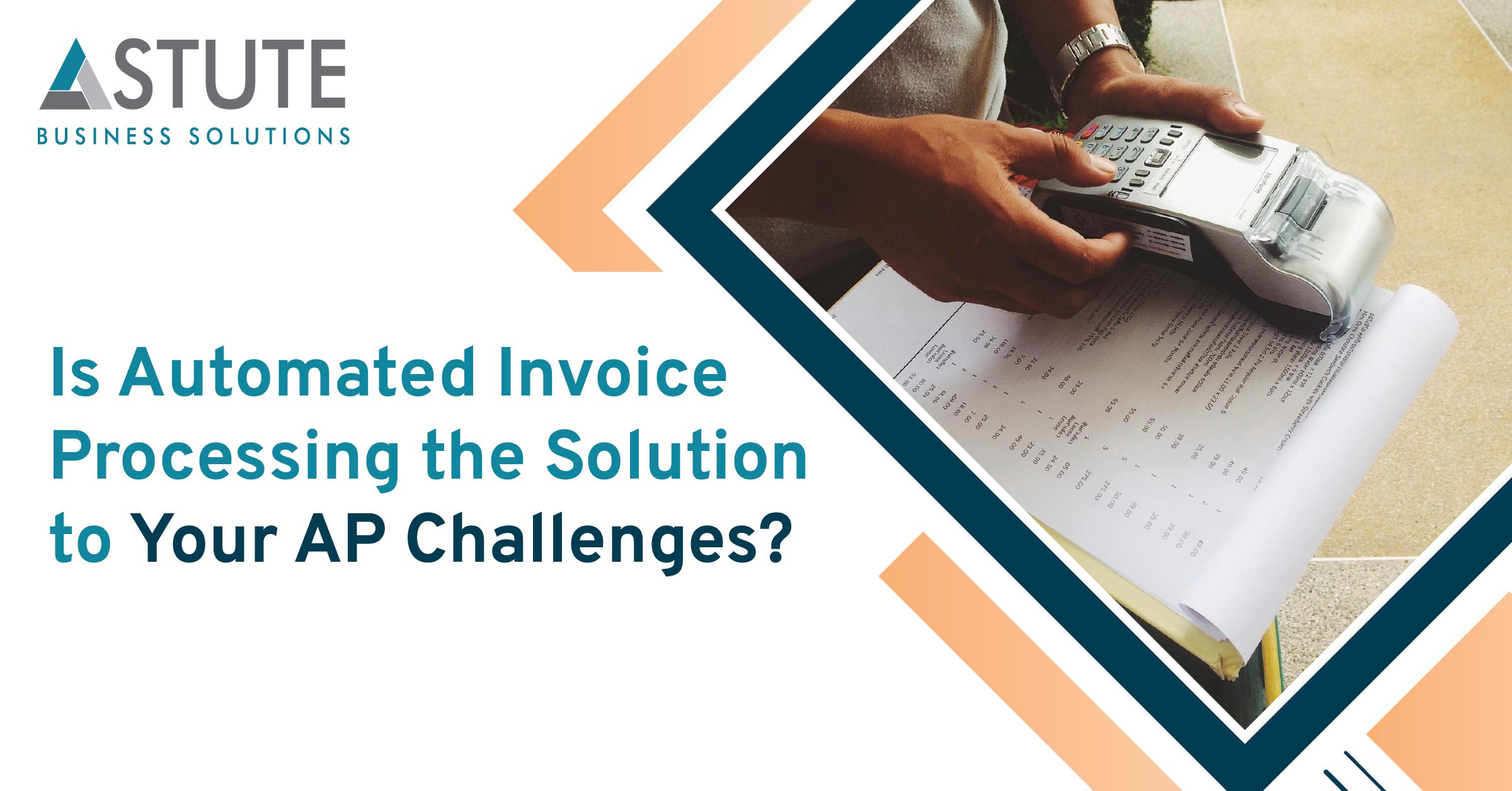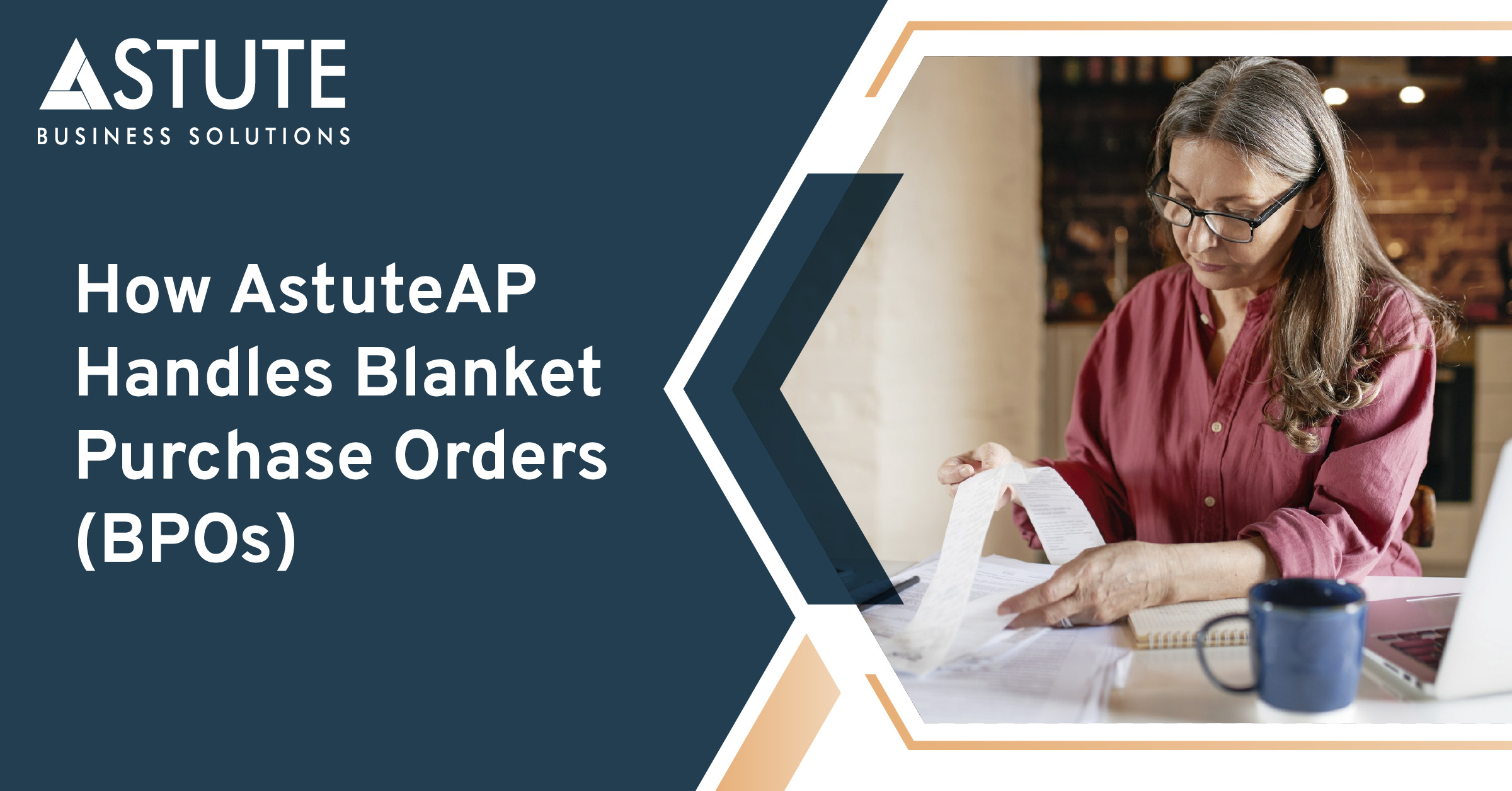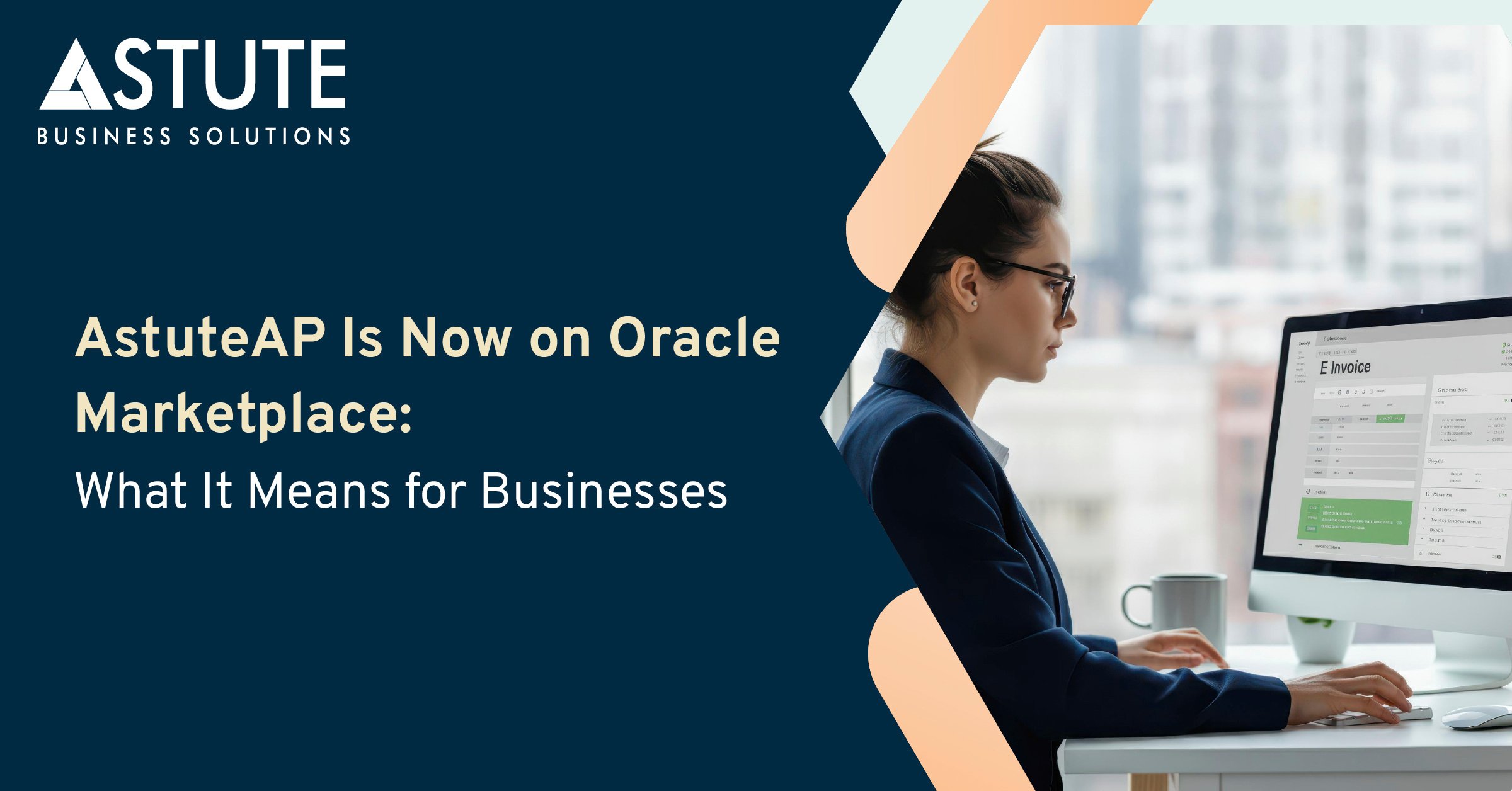
Is Automated Invoice Processing the Solution to Your AP Challenges?
Table of Contents
If you still do your invoicing by hand, then you are familiar with the delays, errors, and increasing costs that can come with doing so. But you can bet that these outdated procedures may harm your firm in today's lightning-fast business environment. What if you could finally get rid of those obstacles and find a more efficient, streamlined method of managing your accounts payable?
Automated invoice processing offers a transformative solution. By incorporating AI and automation into your AP workflow, you can simplify operations, reduce errors, and save time and money. In this blog, we will delve into how automation can solve your AP challenges and yield real results.
Industry-Specific Challenges in Accounts Payable
Managing accounts payable involves a variety of issues for different industries. It ranges from difficult compliance requirements to huge transaction volumes. Let us analyze industry-specific challenges in-depth.
-
State and Local Government
In terms of budget, government agencies often operate with limited budgets, leading to difficulties in prioritizing investments in automation technology.Additionally complex compliance requirements, ensuring compliance with financial regulations across departments requires robust systems that can manage local, state, and federal rules, complicating implementation.
-
Higher Education
In terms of systems, universities often use legacy systems for payments, which can make it difficult to integrate automation solutions seamlessly.Other than fragmented systems, there is cultural resistance like academic institutions may resist technological changes due to long-established workflows and decentralized administrative structures.
-
Manufacturing
In terms of more customization requirements, manufacturers have complex procurement cycles and supplier networks, which require highly customizable automation solutions, increasing implementation complexity. -
Distribution
In terms of data integration, it becomes difficult for distributors to integrate automation tools with existing ERP and accounting systems. -
Services
For many service-oriented firms, the initial expense of automating processes is difficult to justify, particularly when the identifiable amount of invoices may not seem significant.
7 Mitigation Strategies to Overcome Integration Challenges
Here are the proven strategies to address and resolve common integration challenges with ERP systems.
-
Legacy System Compatibility
Utilize middleware solutions to seamlessly connect outdated legacy systems with modern automation platforms. -
ERP System Adaptation
Collaborate with ERP providers to minimize customizations and support essential integration requirements. -
Addressing Data Standardization
Employ data cleansing and formatting tools prior to integration to maintain consistent invoice formats and reduce inaccuracies. -
Ensuring Security and Compliance
Perform routine security assessments and compliance reviews to align automation systems with industry standards. -
Managing Change and Driving Adoption
Create robust training initiatives and provide ongoing support to encourage effective system adoption among users. -
Real-Time Data Integration
Leverage tools for real-time data synchronization to align systems and maintain consistency across departments. -
Vendor Collaboration
Work with vendors to adopt e-invoicing standards, providing additional support for smaller vendors without digital capabilities.
What Makes Accounts Payable Invoice Automation Effective?
Let’s explore the beneficial factors of implementing accounts payable invoice automation.
-
Touchless and Faster Invoice Processing
Automate your invoicing operations through capture, approval, and payment workflows. It helps reduce manual intervention, shortens processing times, reduces errors, and increases productivity. Meanwhile, accelerates approvals, ensures timely payments, and strengthens both cash flow management and supplier relationships. -
Accurate Invoice Header Capture
Automating accounts payable ensures precise extraction of key details from invoice headers, such as invoice numbers, dates, and vendor information. It reduces errors, improves data accuracy, and improves overall efficiency in managing accounts payable processes. -
Automated Data Validation and Verification
Validate invoice details automatically by cross-checking against purchase orders, contracts, and vendor records. It reduces manual errors, accelerates the approval process, and ensures accurate and reliable payments. -
Fraud Detection and Alerts
Automation makes it easy to detect unusual patterns or unauthorized transactions, generating instant alerts for suspicious activities. This proactive approach protects finances and improves fraud prevention. -
Error Detection and Resolution
Identify and resolve discrepancies like duplicate payments or mismatched data with automated tools. It reduces the need for manual intervention, minimizes delays, and ensures smooth, accurate financial operations. -
Real-Time Dashboard Reporting
Gain full visibility into your accounts payable operations with intuitive dashboards. Also, monitor metrics such as payment statuses, approval delays, and cash flow insights to support data-driven decisions and optimize AP management. -
Enhanced Efficiency and Speed
Automation saves much time in manual jobs like data entry, invoice matching, and routing approvals. With quicker processing, businesses can take advantage of early payment discounts with less likelihood of running into late fees. -
Strengthened Security Measures
Automated ERP systems provide integrated fraud detection, secure workflows, and comprehensive data tracking, minimizing the risk of unauthorized payments and enhancing overall security. -
Cost-Effective Operations
Accounts Payable Invoice Automation cuts down on paperwork and reduces costs associated with printing, storage, and manual labor, leading to improved financial efficiency.
Concluding Thoughts
Automated invoice processing is not just a solution but a game-changing step toward efficiency, accuracy, and cost savings. It will help you overcome the problems of accounts payable by simplifying processes and improving overall financial efficiency.
Through automation, businesses can also reduce manual errors and enhance vendor relationships. If AP challenges are holding you back, it's time to explore how automation can drive your success forward.
Arvind Rajan is Co-Founder and CEO of Astute Business Solutions. He is leading the expansion of Astute services to include Cloud Managed Services, Disaster Recovery on Cloud, and Integration and Process Automation using Platform Cloud Services.
Search
Related Posts
Subscribe Our Newsletter
Gain access to exclusive insights, technical know-how and crucial knowledge from Astute experts.
Share Article
See The Team In Action
Upcoming Events
-1.png)
Reach Out
Ready to Connect?
Please fill the following form, we will get back to you within a business day.
Contact Form
Contact Us



